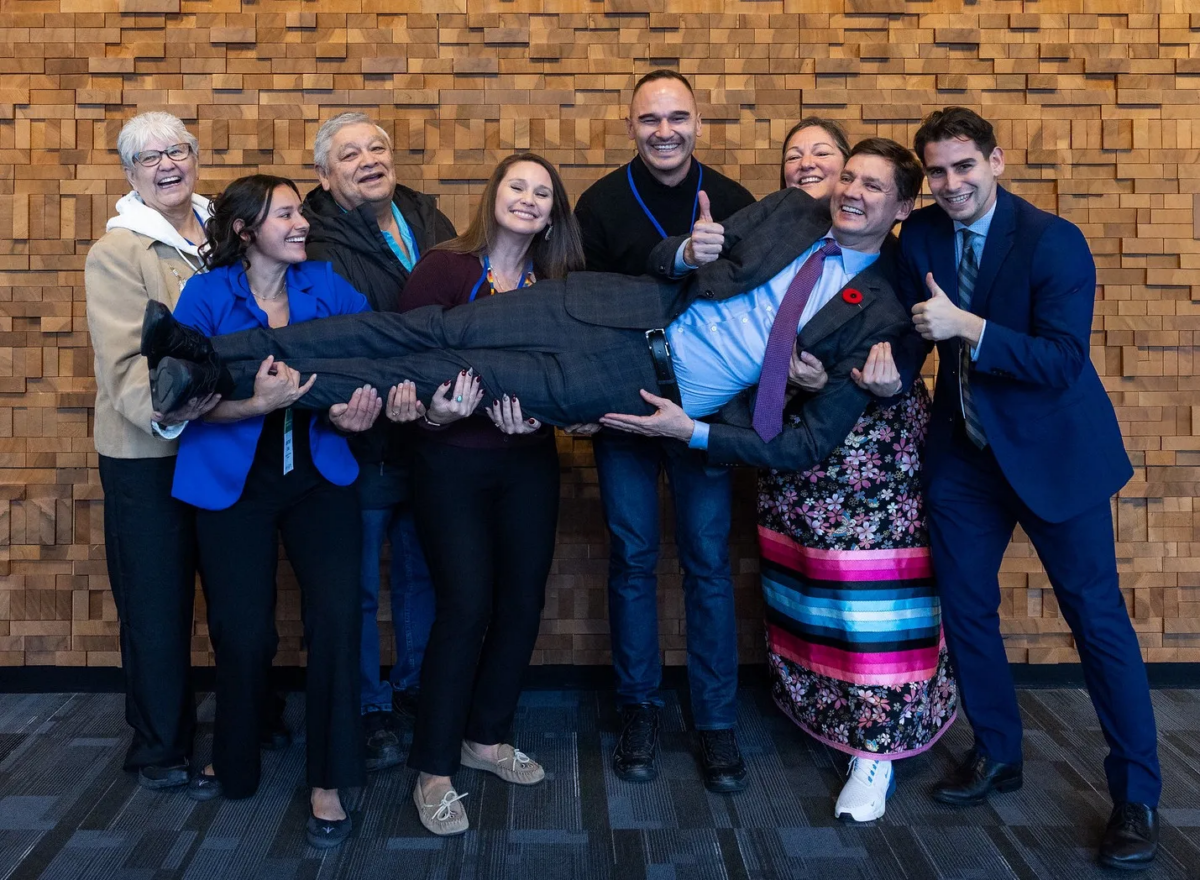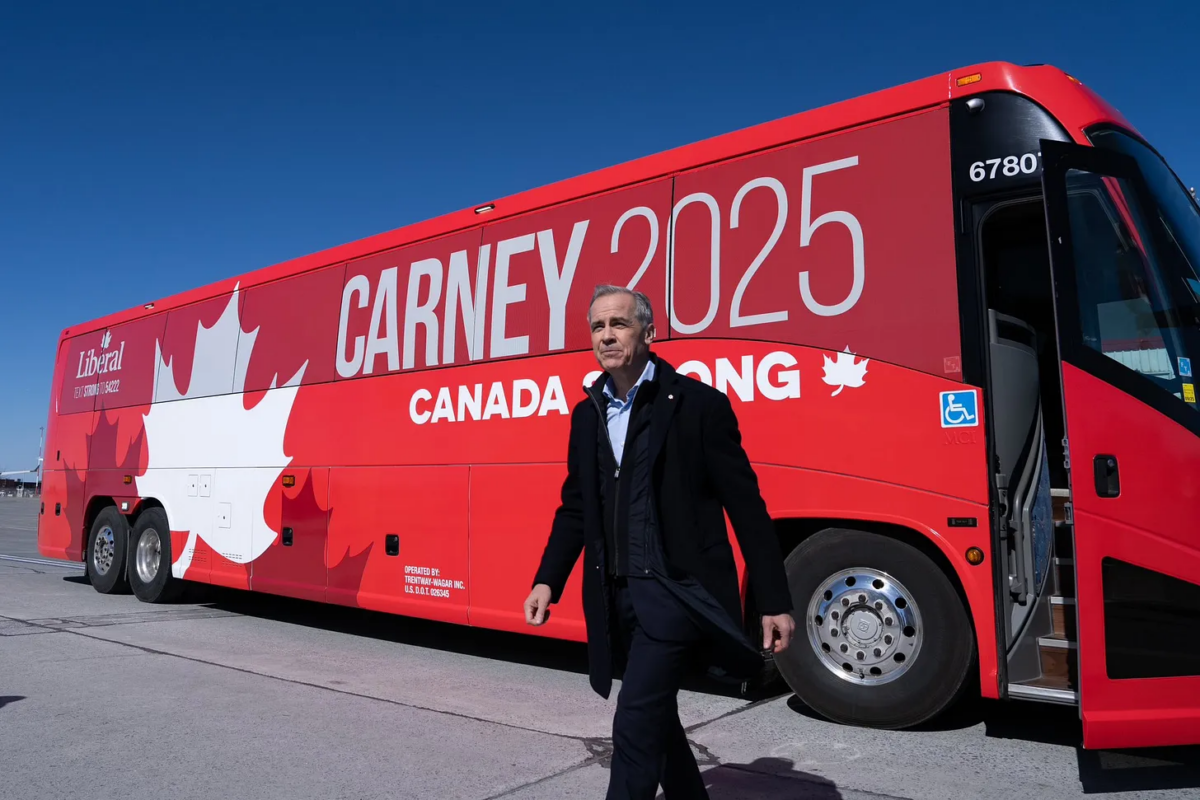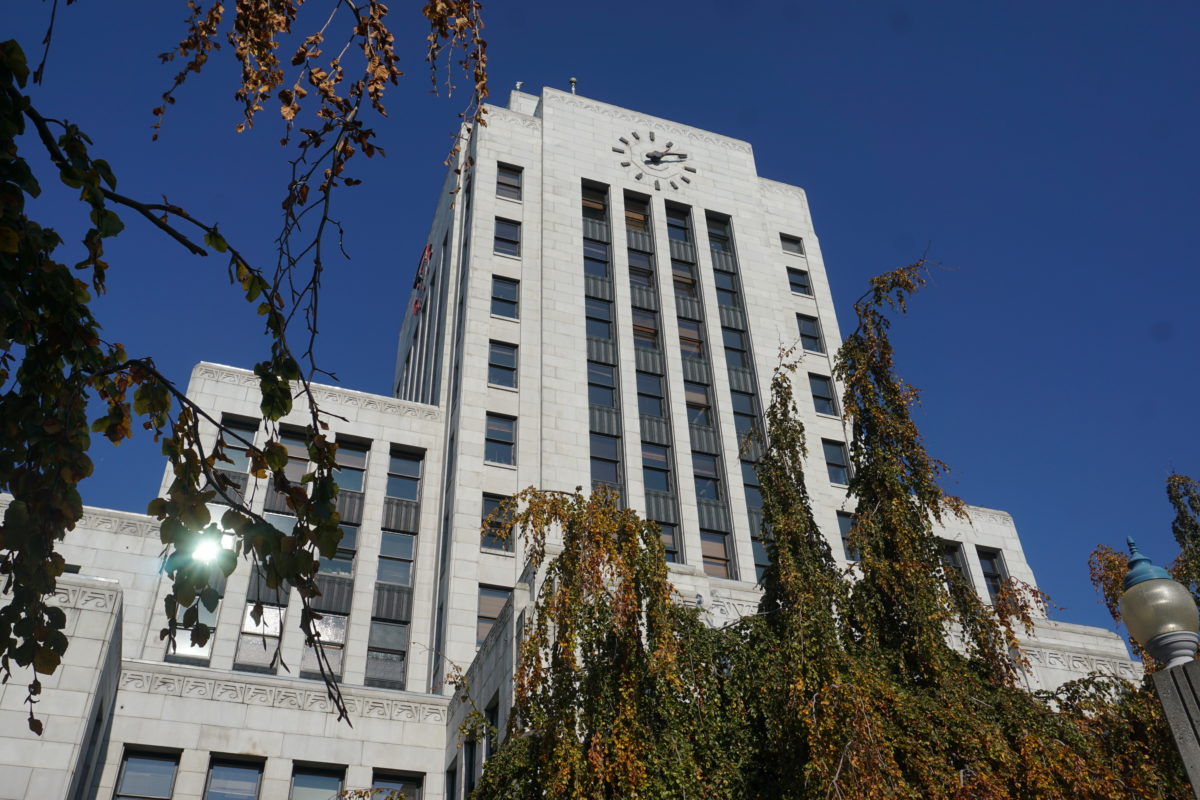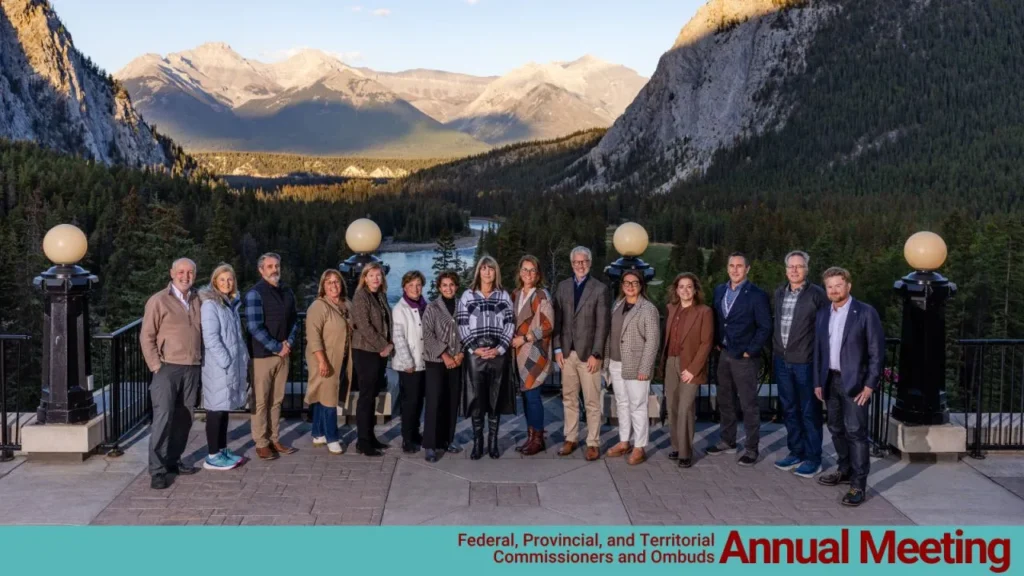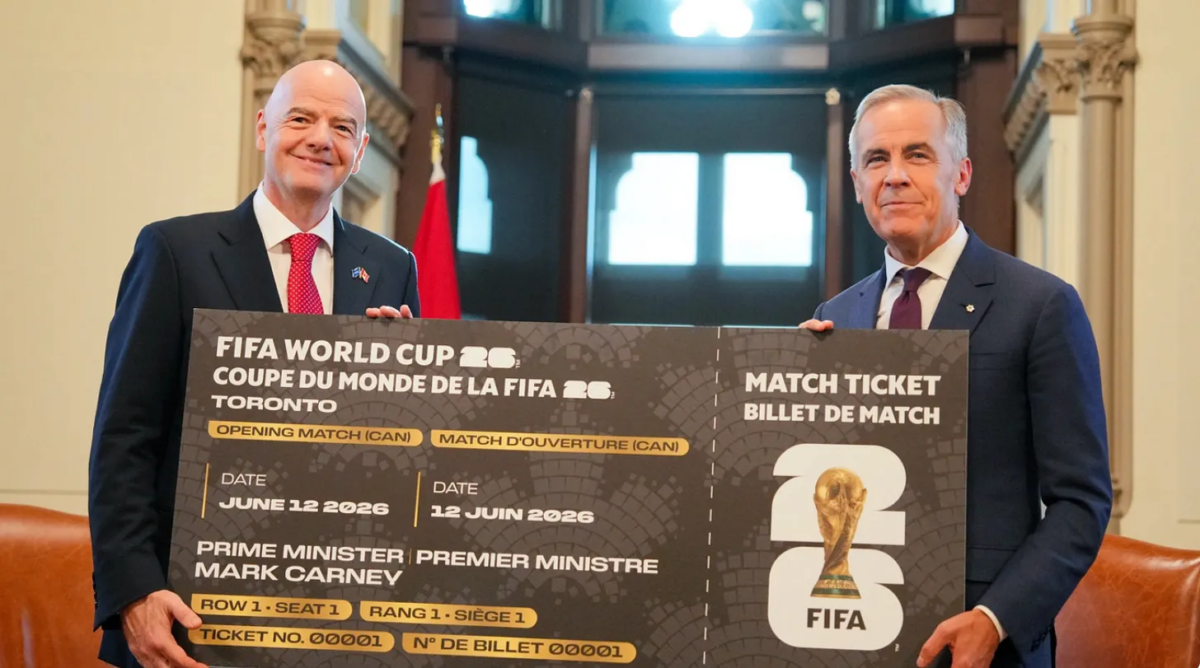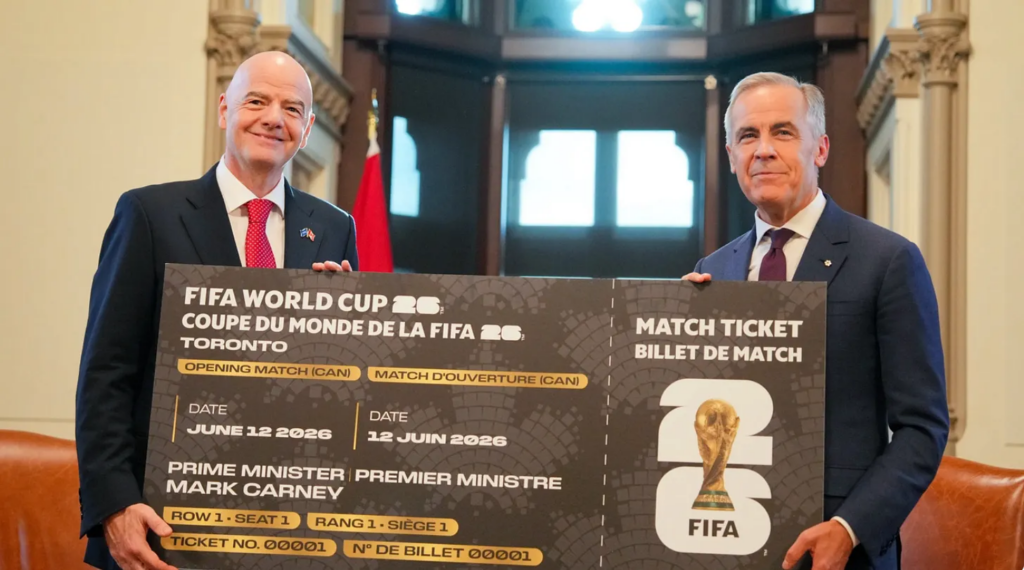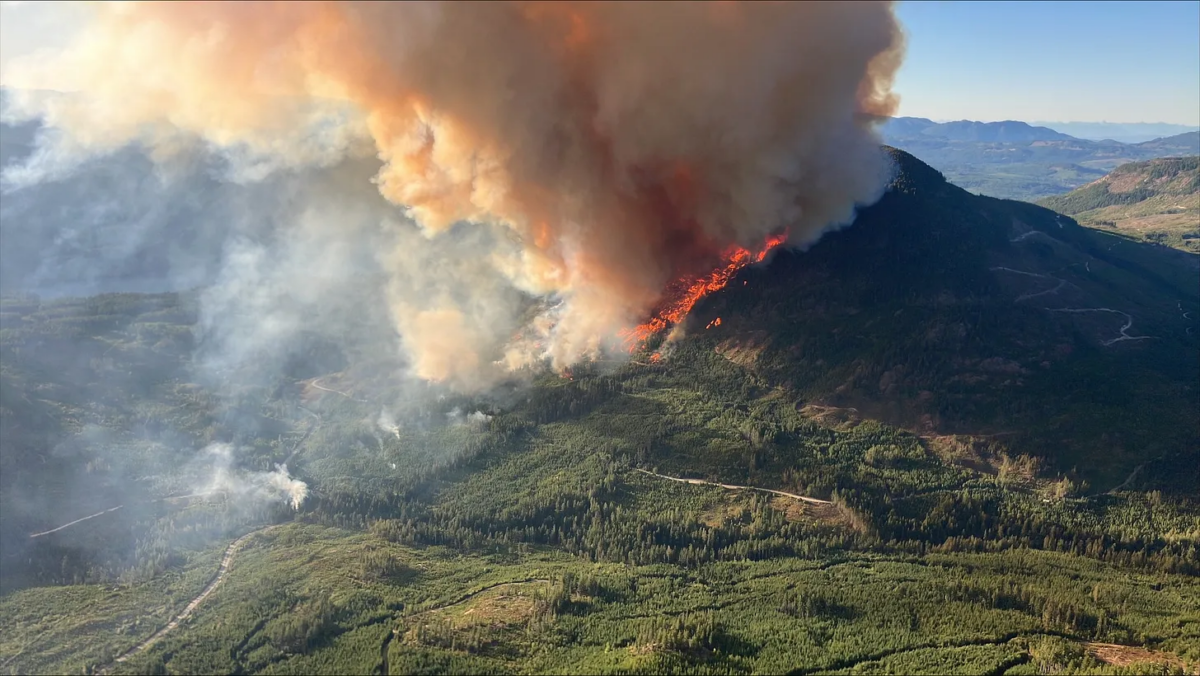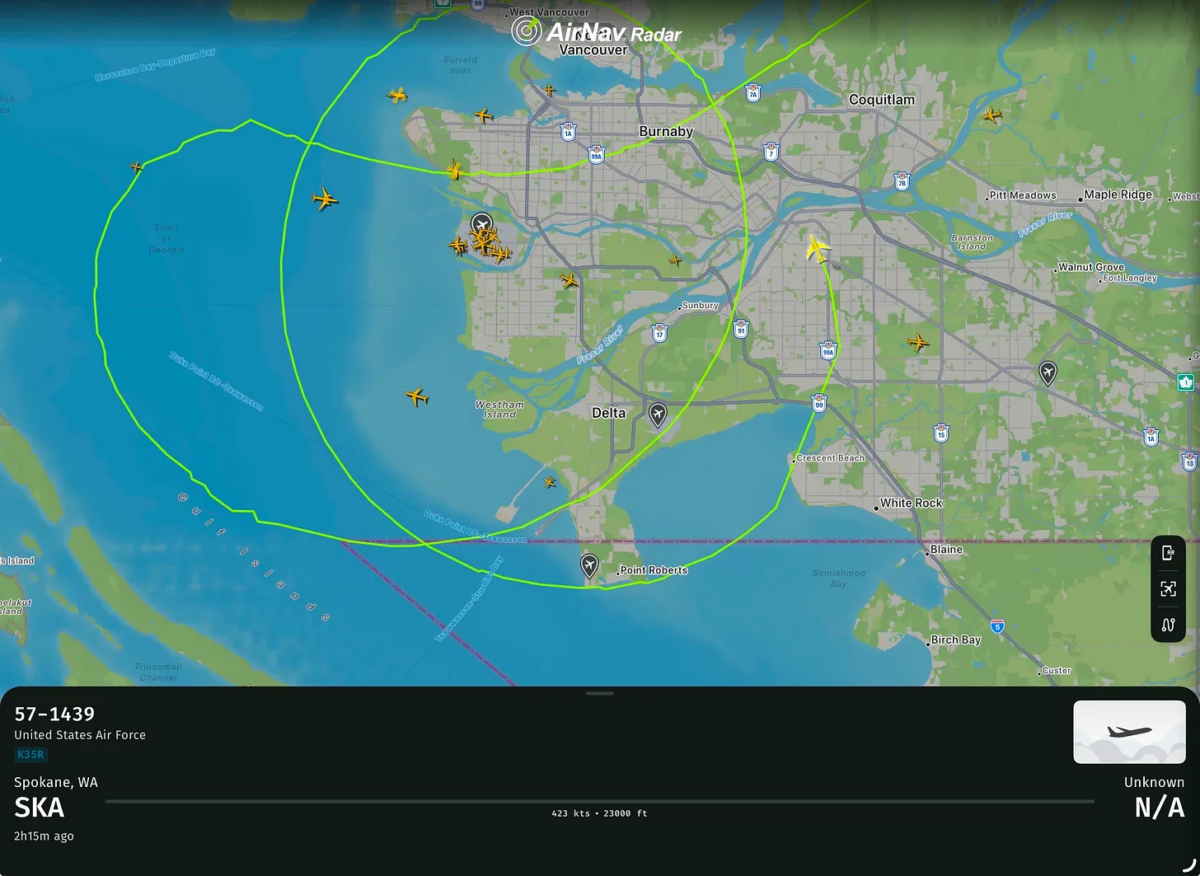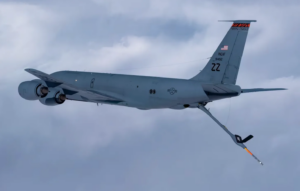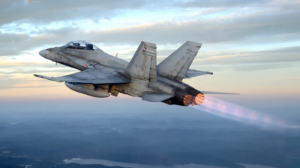No B.C. NDP cabinet ministers flying to COP 30
Bob Mackin
Premier David Eby’s cabinet includes a Minister of Environment and Parks and two other ministers whose titles include the word “climate.”
But none will attend the United Nations annual climate change conference in Brazil, theBreaker.news has confirmed.
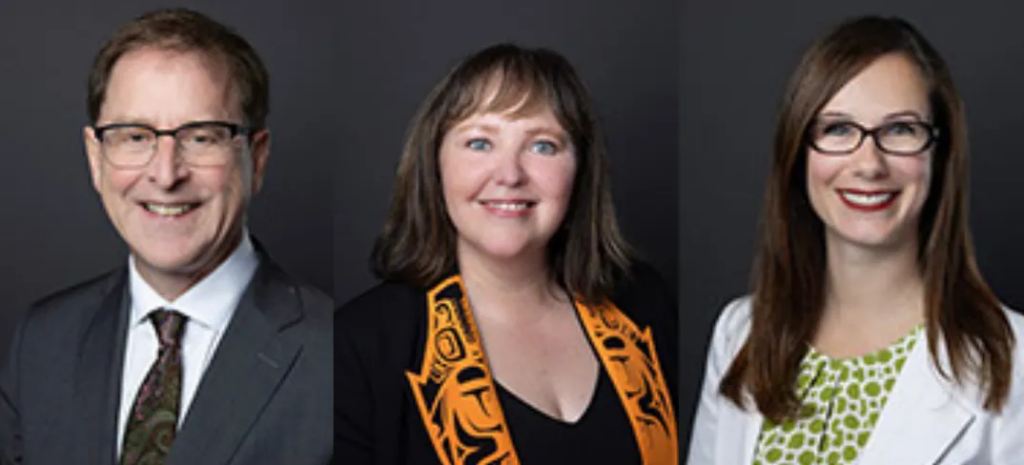
NDP ministers Adrian Dix (left), Tamara Davidson and Kelly Greene. (BC Gov)
The 30th Conference of the Parties (COP 30) began Nov. 10 in Belem and runs through Nov. 21 in the Hangar Convention and Fair Centre of the Amazon.
NDP not at COP
Peter Lonergan, a senior public affairs officer in the Ministry of Energy and Climate Solutions communications office, confirmed that “the province is not sending any representatives to COP 30 this year.”
Lonergan has not provided a reason.
Eby’s cabinet includes Kelly Greene, Minister of Emergency Management and Climate Readiness, Adrian Dix, Minister of Energy and Climate Solutions and Minister responsible for Francophone Affairs and Tamara Davidson, Minister of Environment and Parks.
Also on the agenda
The biennial NDP convention is Nov. 14-16 in Victoria. The Legislative Assembly reopens Nov. 17. Despite the fractured Conservative opposition and the NDP’s deal with the two-member Green caucus, Eby’s party still has a slim, 47-seat edge in the 93-seat Legislature.
Controversy
A new four-lane highway was cut through the Amazon for the conference.
Previously
George Heyman, who was the NDP Minister of Environment and Climate Change Strategy before the 2024 election, attended UN conferences.
At the 2023 conference in oil-and-gas-rich Dubai, Heyman was accompanied by chief of staff Charlie Brenchley and assistant deputy minister Jeremy Hewitt,
Heyman posted photos on X showing meetings with officials from the Federation of Canadian Municipalities, governments of Canada, Newfoundland and Labrador and California, and students from B.C.’s two biggest universities.
At the Egypt conference in 2022, Heyman and two others charged taxpayers more than $18,000 for transportation costs. Heyman got authorization to spend more than $9,000 on lodging and $1,700 for meals.
In 2021, Heyman’s administrative coordinator, Alyssa Hrenyk, arranged for a car at the cost of $450 to take Heyman, Hewitt and an aide to a train station about 75 minutes out of Glasgow, to see a ScotRail electric train containing hydrogen fuel cell modules supplied by Burnaby’s Ballard Power.
Subscribe to theBreaker.news on Substack. Find out how: Click here.
Bob Mackin Premier David Eby’s cabinet includes a






